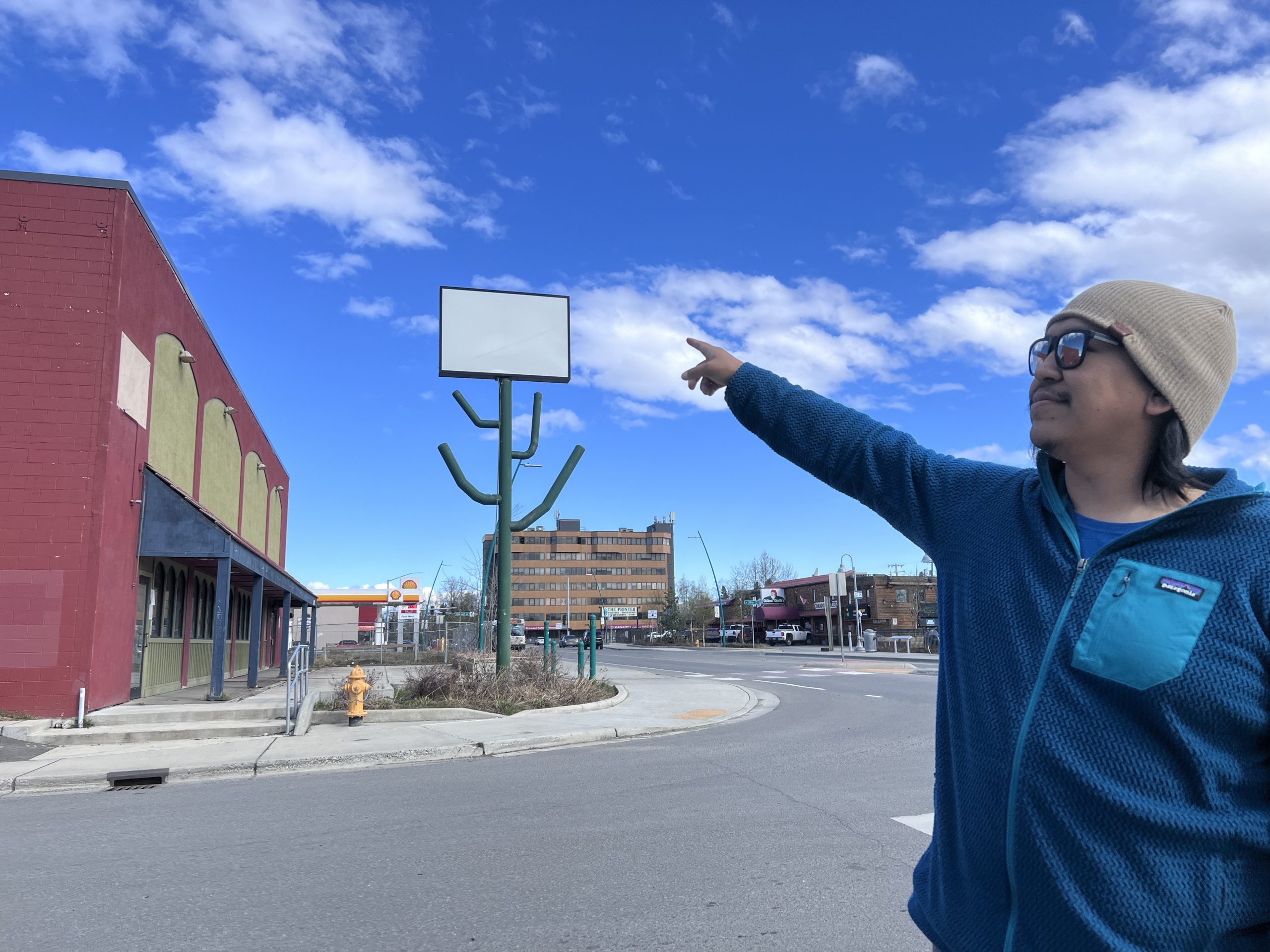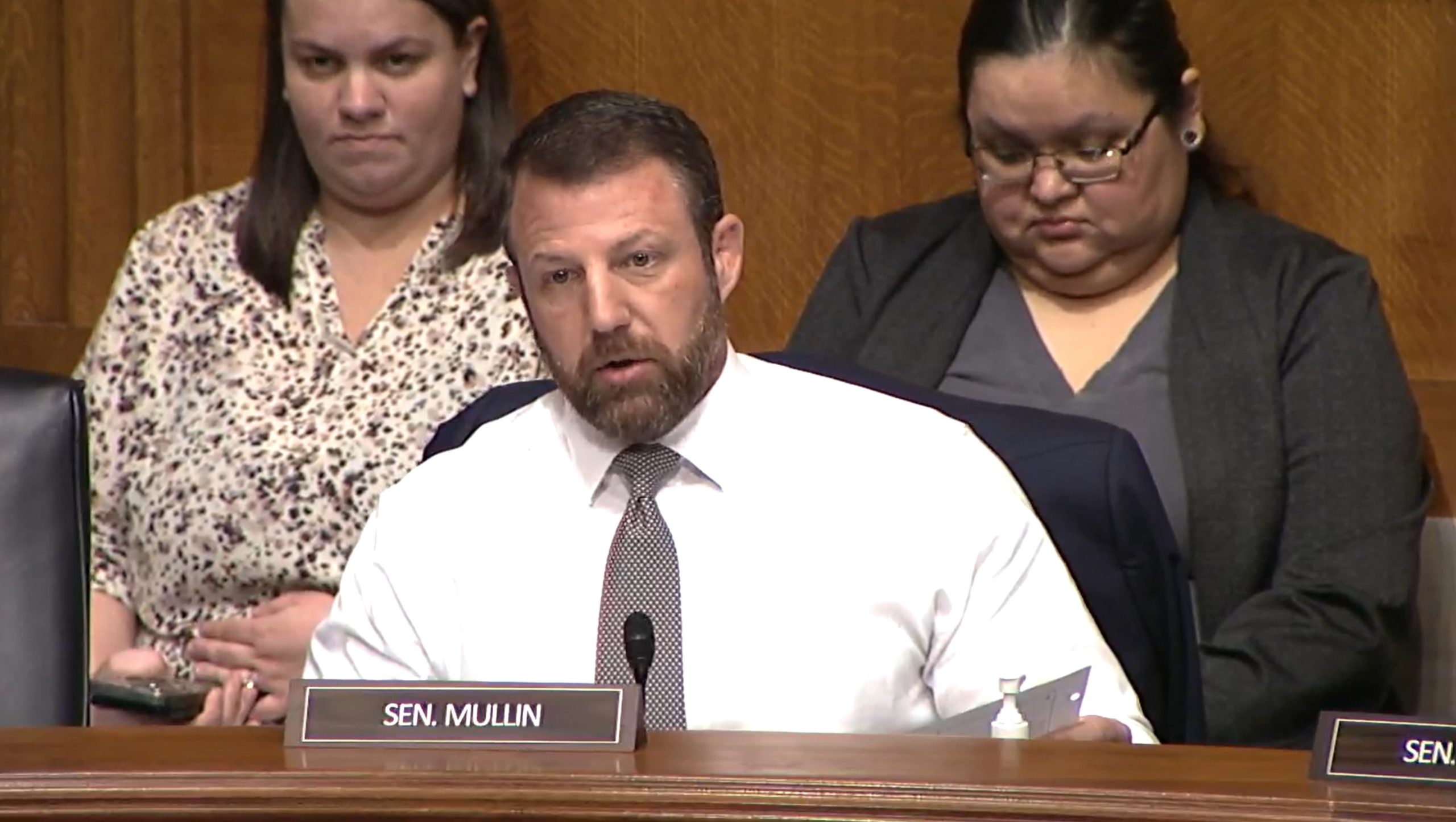Podcast: Play in new window | Download | Embed
Many are calling for the release of 79-year-old Leonard Peltier from federal prison.
Peltier, who had a parole hearing Monday, has spent most of his life in federal prison.
His attorney says his health is failing.
As South Dakota Public Broadcasting’s Lee Strubinger reports, some say Peltier’s incarceration stands in the way of reconciliation
Peltier is serving two life sentences after being convicted for the murders of two FBI agents on the Pine Ridge Reservation in the 1970’s.
In 1975, two FBI agents, Jack Coler and Ron Williams, were killed on the Pine Ridge Reservation during a shootout near the town of Oglala.
“Somebody had to pay the price, and I think that’s where Leonard Peltier is sitting.”
Milo Yellow Hair is an Oglala Lakota who was part of the American Indian Movement and 1973 Wounded Knee Occupation.
Yellow Hair is a friend of Peltier’s and says nearly 50 years later it’s time for forgiveness and to move forward.
“As long as Leonard is in prison there will always been that deep, deep distrust of the American judicial system by the people that it affected the most. And that is the Indigenous people of North American, especially—in particular—the US.”
Many critics of Peltier’s conviction call him a political prisoner who has served more time than South Africa’s Nelson Mandela.
Others argue Peltier should serve out his life sentences. That includes Ed Woods, a retired FBI agent with the organization No Parole Peltier.
In a letter to the Parole commissioner, Woods says Peltier has not earned release.
Woods adds the two FBI agents were robbed of their opportunity to fulfill their own lives.
“Leonard Peltier and his supporters claim he is a ‘political prisoner.’ This could not be further from the truth. Through decades of folklore and myth Peltier has attempted to change the narrative and alter the truth, however, the facts tell an entirely different story.”
Peltier’s last parole hearing was in 2009.
In 2017, then-President Barack Obama denied a clemency request. Another request is pending before President Biden.
A parole decision is required in the next three weeks.
The U.S. Supreme Court recently ruled the federal government has been underfunding tribes that run their own healthcare programs.
The Mountain West News Bureau’s Kaleb Roedel has more on what this means for tribes.
The issue is the overhead costs that tribes take on when they bill private insurance companies, Medicare, and Medicaid.
In a 5-4 decision, the court ruled that the 1975 Indian Self-Determination Act requires the federal government to cover those costs.
It’s a victory for the Northern Arapaho Tribe in Wyoming and the San Carlos Apache Tribe in Arizona.
Both sued the government after facing millions in overhead costs in recent years.
Morgan Saunders is an attorney with the Native American Rights Fund, a nonprofit law group.
“Tribal nations are in the best position to determine what’s best for their communities. And this funding is necessary to fulfilling you know, that exercise of sovereignty that tribes are making when they elect to contract to take over these programs.”
The ruling could mean up to $2 billion per year for tribes.
Saunders says the money can help address some of the inequities in healthcare funding.
 Events are being planned across Canada for National Indigenous Peoples Day.
Events are being planned across Canada for National Indigenous Peoples Day.
The day recognizes and celebrates the history, heritage, and diversity of First Nations, Inuit, and Métis people.
It takes place on June 21 or around that time of year.
The month of June is also recognized as National Indigenous History Month as an opportunity to learn about the cultures, traditions, and experiences of Indigenous people.
Get National Native News delivered to your inbox daily and stay up-to-date on the 2024 Native Vote. Sign up for our daily newsletter today.



















